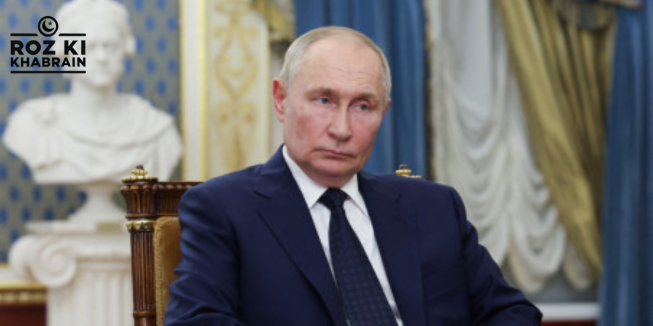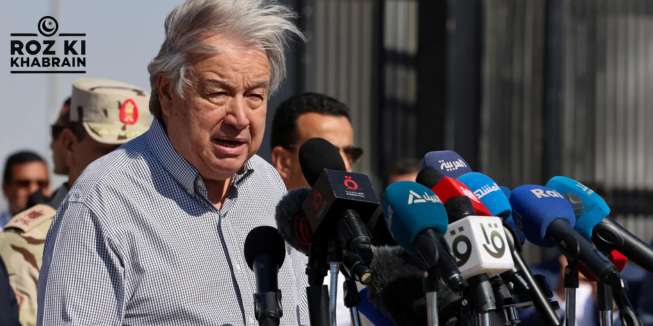MOSCOW: Russian President Vladimir Putin has dramatically lowered the threshold for a nuclear strike, responding to a broader range of conventional attacks, and accusing Ukraine of using U.S.-made ATACMS missiles to strike deep within Russian territory.
The new nuclear doctrine was approved just days after reports surfaced that the Biden administration had allowed Ukraine to use American weapons for strikes inside Russia. Moscow had warned for months that if Washington permitted such actions, it would view NATO members—namely the U.S., UK, and France—as direct participants in the conflict.
The updated doctrine, which outlines the conditions under which Putin could order a nuclear strike, was formalized in a decree on Tuesday. The most significant change is that Russia may now consider using nuclear weapons in response to conventional attacks on its own territory or that of Belarus, if those attacks threaten sovereignty or territorial integrity.
“This shift means Russia is significantly lowering the bar for a nuclear response to conventional aggression,” said Alexander Graef, a senior researcher at the University of Hamburg. Previously, Russia’s doctrine only allowed for nuclear retaliation in the event of a nuclear attack or one that threatened the very existence of the state.
The new doctrine also considers an attack by a non-nuclear power, if supported by a nuclear power, to be a joint attack, and an attack by a member of a military bloc (like NATO) to be an attack by the entire alliance.
The Russian defense ministry reported that Ukraine had struck the Bryansk region with six missiles, though air defense systems intercepted five, with one missile causing damage. This comes as the war enters what many officials from both Russia and the West predict could be the most dangerous phase yet, with Russia’s forces advancing rapidly.
With Russia and the U.S. controlling 88% of the world’s nuclear arsenal, Putin’s decisions are pivotal in global security. In response to the updated doctrine, safe-haven assets like government bonds, gold, and the Japanese yen saw a sharp bounce in value.
Russian diplomats have compared the current crisis to the 1962 Cuban Missile Crisis, warning that underestimating Russia’s resolve over Ukraine would be a grave mistake. Sergei Ryabkov, Russia’s deputy foreign minister, stated that the situation is unparalleled, emphasizing the high risks of nuclear conflict between major powers.
The new nuclear doctrine, which Putin first signaled in September, was deemed “timely” by Kremlin spokesman Dmitry Peskov, who stated that it reinforced Russia’s deterrence strategy—ensuring that any adversary understands the certainty of retaliation in the face of aggression.




